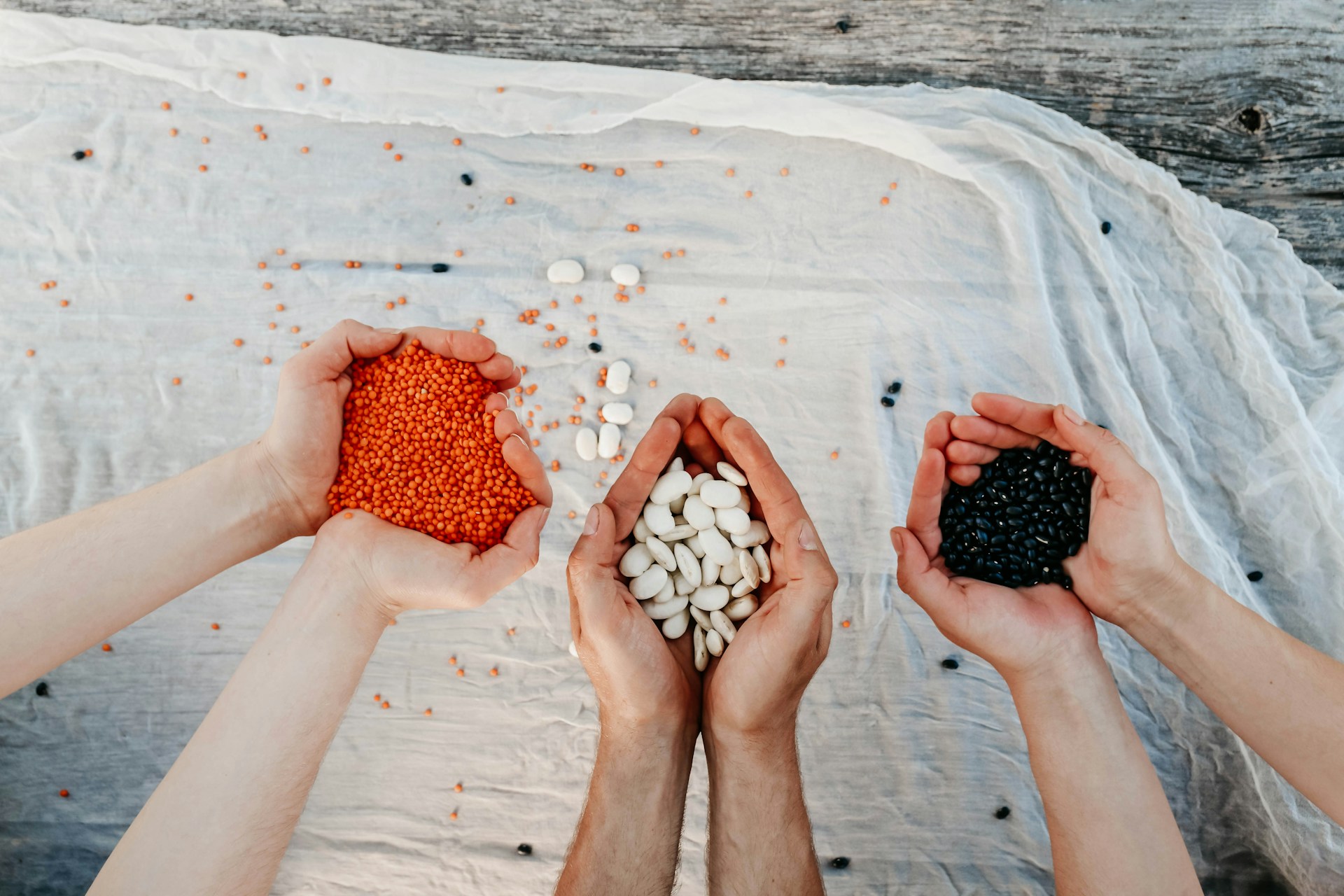Which Plant Proteins Should You Eat For Insulin Resistance
Insulin resistance is a condition in which the body’s cells do not respond well to insulin, making it difficult for them to absorb glucose from the bloodstream. This condition prompts the pancreas to produce more insulin, which can eventually lead to prediabetes and type 2 diabetes.
The good news is that much of this can be controlled through diet. According to Eating Well, a balanced diet includes eating a variety of whole grains, vegetables, fruits, and lean proteins.
Dietitian Elizabeth Huggins claims that “plant-based protein in the diet can have a powerful effect on insulin resistance.”
Beans
A cup of dry beans contains 15 grams of protein and 15 grams of fiber. Cooked beans are a low glycemic index food, meaning they do not raise blood sugar levels quickly. Beans are also a good source of magnesium, a mineral that may play a role in glucose metabolism and improve insulin sensitivity.
Lentil
Like dry beans, lentils are packed with protein and fiber, providing 15.5 grams of protein and 13.5 grams of fiber per cup. Research shows that the proteins in these powerful and colorful legumes can block digestive enzymes from getting to starch, reducing the amount of glucose the body can absorb from them, reports Eating Well.

Chickpea
Chickpeas, high in fiber and protein, have 14.5 grams of protein and 12.5 grams of fiber per cup. Although they contain starch, these legumes have a unique chemical composition that makes the starch more difficult to digest, slowing the digestion and absorption of carbohydrates. Result? Potentially reducing blood sugar spikes.
Edamame
Edamame has 18 grams of protein and 8 grams of fiber per cup. Soy products such as edamame can positively affect blood sugar regulation by affecting insulin signaling and improving glucose absorption, metabolism, and insulin sensitivity.














Post Comment